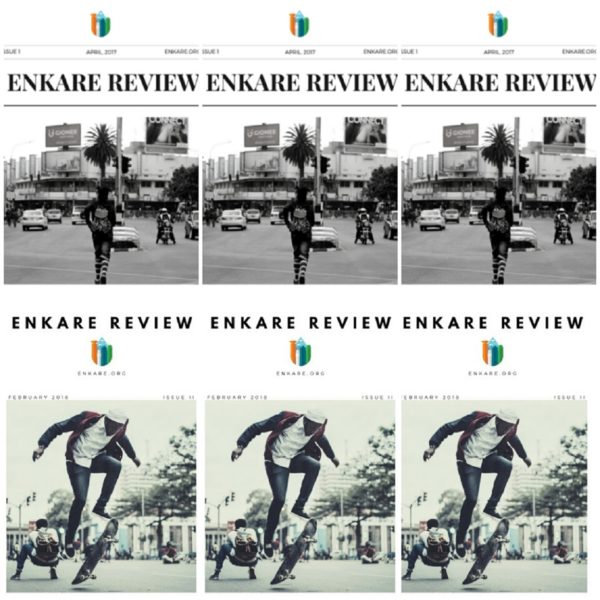
Twenty-six hours ago, Enkare Review magazine released its first issue of 2019, styled the Inclusivity Issue. Within minutes, backlash brewed on social media. A short story in the issue by Jekwu Anyaegbuna—a short story which we have decided not to name or link—is told by an unapologetic paedophile and contains graphic description of children’s bodies and of sexual encounters between an adult and children. Throughout the story, which is filled with morally compromising sentences, the paedophile insists on the similarity of their affliction to queerness, even asking for an acronym in LGBTQ+.
Anyaegbuna, who shared the link on Facebook, stating that is “very offensive,” is clearly aiming for provocation. On Twitter, he called Enkare Review “fearless” and then “the boldest, most intelligent and the most resilient literary journal in the whole of Africa,” because they published the story.
Only a fearless journal can publish this. Enkare Review is fearless. @EnkareReview https://t.co/7pEQhIH9wh
— Jekwu Anyaegbuna (@JekwuAnyaegbuna) January 29, 2019
Enkare Review is the boldest, most intelligent and the most resilient literary journal in the whole of Africa. https://t.co/SaAQCSjz8y
— Jekwu Anyaegbuna (@JekwuAnyaegbuna) January 29, 2019
Members of the literary community have challenged the ethics and politics behind publishing a story that is child pornography, calling out Enkare Review, questioning their editorial decision.
This is your definition of fearless. Sure you don’t need some other descriptor, you know, like sick? Or wacky? Or potentially harmful?
— Cinaede. (@nelsoncj3) January 29, 2019
“Here at Enkare Review, we take sides.” In an editor’s note on the “Inclusivity” issue. It includes a disturbing story by Jekwu Anyaegbuna. In it, he details the sexual abuse of little girls in excruciatingly explicit detail.
What exactly are you siding with @EnkareReview ?
— Megan Ross (@itsmeganross) January 29, 2019
The week isn’t complete if heteros haven’t asked us why child abusers are not “included” in the LGBT. This is where we are with the tone-deafness in our literature. https://t.co/AScDS2HkUH via @EnkareReview
— BUSH RAT (@decimal_point) January 29, 2019
Putting it there will feel like oh since we all want to advocate for foolish things, let’s add pedophilia to it.
Let’s see how it will taste. 🤦🏻♂🤦🏻♂
It’s insulting!
— Ugochukwu Damian (@ug_damian) January 29, 2019
Yea. Exactly. Like who in their right senses associates peadopholia with LGBTQ?
— wallflower (@mezzy_adamz) January 29, 2019
The worst part of reading this is the suggestive undertones that pedophilia and homosexuality/LGBTQ are the same pair of shoes. No. No. Nooooooooo!
— Moje Ikpeme (@mojeikpeme) January 29, 2019
Mimi I just want to know the process that led @EnkareReview to publish that little entertainment centres story in an inclusivity issue that has an editorial note that states in part, “here at Enakare review we take sides.”
— Clarie:) (@_mis_behave) January 29, 2019
Goodbye @EnkareReview.
You publish a story that celebrates the rape of children. That equates child rapists to LGBTQIA people.
When called out, you defend the indefensible.
So many queer and feminist writers invested in you, fought for you, championed you.
Fuck you.
— Shailja Patel (@shailjapatel) January 30, 2019
Some have accused Enkare Review of using controversy as a marketing strategy.
It is almost tempting to reckon that @EnkareReview, in trying to overcompensate from the wahala of last year, to launch themselves back in the limelight with a bang solicited @JekwuAnyaegbuna‘ contribution, big name and all, and had to accept whatever story he submitted in the
— Not a Role Model (@the_amazingama) January 29, 2019
You see what Enkare review did? I think it’s not about the art. It’s about publicity. It’s about marketing. I think they know controversy sells, that is why they’d accept that thing Jekwu Anyaegbuna wrote and publish it.
There is this claim about inclusion but this is not inclusion. You don’t equate paedophilia to homosexuality and call it inclusion. This is Nigeria, a country where members of the LGBTQ community are experiencing life threatening discrimination still and you now go to publish a story that drags paedophilia into the mix. No, it’s not inclusion. It’s adverse activism. It’s not art. It’s selfish marketing masquerading as meaningful art.
One more thing, the story is actually a non-spectacular disgusting over-reliance on the whole “sex sells” theory to make people interested in the work. Even if the idea was erotica, it was poorly delivered.
Romeo Oriogun has demanded that his poems be taken down from Enkare Review‘s website.
@EnkareReview I would love you guys to take down my poems from your site.
Thank you.
— Romeo Oriogun (@SonOfOlokun) January 29, 2019
Even in the use of controversy for publicity, there is a clear line between intellectual provocation and the promotion of ethically ambiguous content, and it is saddening that Enkare Review has knowingly crossed this line. In using the words “Here at Enkare Review, we take sides” to introduce an issue themed Inclusivity, in using those words not as an allegiance to the plight of the oppressed but to inflammatorily include a short story in which not only the bodies of children but the moral struggles of LGBTQ+ people are battered for attention, a short story whose very title objectifies children, a short story in which every section is an inference that paedophilia is similar to queerness, editorial integrity has been compromised.
This short story and the efforts made to promote it—by Enkare Review and Jekwu Anyaegbuna—constitute both an active endangering of children and an emotional oppression of LGBTQ+ people. Its insistent equation of a crime with human nature, its non-logic that if paedophilia could be queerness and queerness happens with children then paedophilia should happen to children, its deletion of the probabilities of consent, the editors’ sensationalist “Lolita-esque” comparison—a stretched comparison that cannot redeem fiction that is poorly conceived and poorly executed. Its narrator is not unreliable; its narrator is unapologetic.
It isn’t an act of fearlessness that widely-disproven, brazenly false premises with real-life repercussions, premises employed by advocates of homophobia, are being cheaply used to cause provocation. It isn’t an act of boldness that an intellectual institution has done this. It is a curious act of violence, a lack of understanding of cultural responsibility. Art can be used to stir up debate without morally compromising its creator and ethically compromising the publishing platform. We are greatly, greatly disappointed at the side that the editors of Enkare Review have taken.


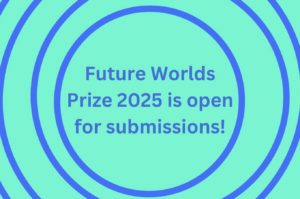
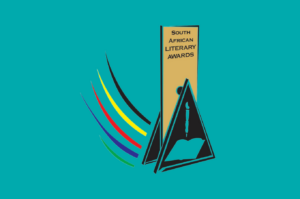
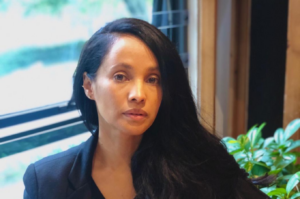
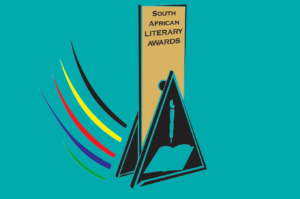
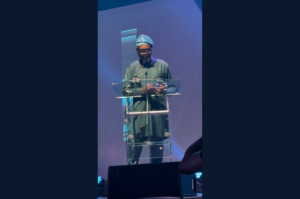


Book Review: Oyinkan Braithwaite's My Sister, The Serial Killer - The Ready Writers September 12, 2024 12:42
[…] the African literary community discovered anew this week, writing about the taboo is a fine art. In the hands of an inexperienced or unskilled author, […]